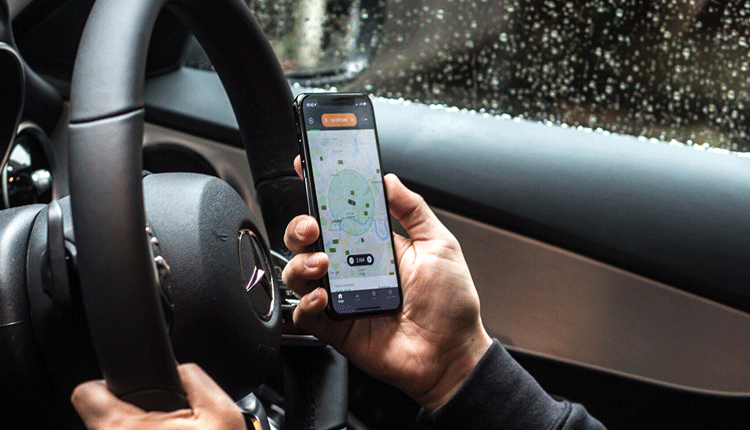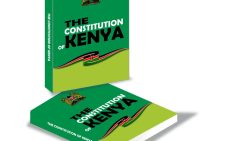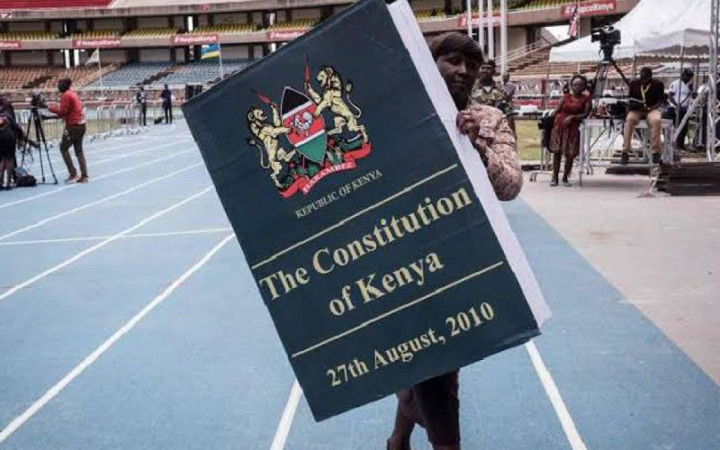Relief for drivers as court lifts Uber’s corporate veil

Kepher Otieno
The High Court of Kenya has finally clarified that there exists a relationship between Uber Kenya Ltd vis-à-vis online contracts with Uber BV firms in The Netherlands.
Justice Francis Tuiyott’s verdict ends conflicting business domain names that have made it hard to sue Uber group of companies for breach of contract.
Uber Kenya Limited has been hiding behind six corporate veils to abscond liability for their actions in Kenya, with each denying relationship from the other.
The Uber firms registered in The Netherlands have been passing responsibility from one shell to the other as different companies.
Yet evidence showed that they share the same email address and hire the same to legal counsel to litigate for them in the event of business disputes as the current one.
But now the corporate veil has finally been lifted after Tuiyot ruled that Uber Kenya Limited is not just an agent of Uber BV but liable to the plaintiffs.
Thirty-four plaintiffs listed as Pioneer Uber operators in Kenya who put Uber in the dominant market position in the country had sued the Uber Companies for breach of contract.
Uber Kenya set a requirement for us that they must purchase vehicles of not less than 1500 cc and above as a prerequisite to venture into their business model and or be registered with them.
“We complied and most of us took loans to finance the vehicles to the required specs,”claimed Nderitu Bachia, former Uber driver through Gedion Mutai of Maina and Maina Co Advocates.
The petitioners filed the suit through Kanuri Ltd, a company engaged in taxi driving services, and a number of individual taxi drivers.
According to them, the reduced rates were “unsustainable, unrealistic and were in disregard of local market factors thus unfair competition in the taxi business.”
Violated their rights
The petitioners claimed that Uber has violated their rights under Article 41 of the Constitution 2010.
“The new rates were below market rates and expenses choked and eventually killed our businesses by denying us fair remuneration and working conditions,” they say.
Uber argued that they reserve the right to change the pricing and rates. And the cited Uber firms also dismissed any formal engagement or links or even such an agreement with them, thus forcing their legal suit to delay pending verifications.
Now, Tuiyott ruled that Uber Kenya Ltd, Uber International Holding BV and Uber International BV had links that cannot be severed and so they can be jointly sued.
This is based on adduced email exchanges between the firms in regards to terms and conditions of working together which, Uber Kenya Ltd has never denied todate.
For illustrations in Court, the plaintiffs displayed copies of communication between some of them under Uber Kenya to guide the Presiding jury.
“It is therefore not a trifle when the plaintiffs allege that there is a connection between Uber Kenya and Uber BVs.”
The Court found that shares in Uber Kenya Limited were held by two shareholders, Uber International Holdings BV as a 90 per cent shareholder and Uber International BV as a 10 per cent shareholder.
It claimed that the communication between Uber Kenya Ltd and Uber BV is an averment that the agency is not unfounded.
“The Court does not therefore accept submission by the counsels for Uber Kenya that the agency be exonerated now without trial,” ruled Tuiyott.
He therefore ruled that the firms in the legal tussle be sued jointly, since there is a pending application to enjoin Uber BV as co-defendant the petition remain.
“I am unable to harshly strike out the plaintiff suit against the first defendant. So chamber summons of 14 December 2020 is here struck out with costs,”.
The developments took place last Thursday in the presence of Arbitration Judge Justice A. Mabeya.
Kanuri Ltd and 33 others listed as First Defendant in the matter while Uber Kenya Ltd, Uber International Holding Ltd, second and third Uber International BV.
The claimants had entered into online contracts with the Uber Group of companies to transport Uber clients at a minimum rate of Sh60 per kilometre and fare of Sh300.
Documents adduced in Court by way of affidavit, under the contracts, Uber firms engaged in the business would receive 25 per cent of the fare proceeds.
However, in July 2016, things changed, when Uber reduced the minimum rate to Sh35 per kilometre and Sh200 per trip sparking the legal protest from operators.
Establish connections
The case has dragged in the Courts with lawyers failing to establish connections between the two car hire services with similar global business domain names.
But in August 2016 about 34 plaintiff’s petition against Uber Kenya Limited before the High Court of Kenya in Nairobi.
They sued Uber Kenya Limited as trading as and/or for and on behalf of Uber BV, Uber International Holding BV and Uber International BV.
In the course of the trial Uber Kenya Ltd argued that the proceedings should be halted because the claimants had concluded the online contracts not with Uber Kenya Ltd.
They did this with Uber BV, a private limited company registered in Amsterdam in the Netherlands that was not sued as a defendant in the case.
On their part, the petitioners argued that “it is Uber Kenya who has been enforcing the terms of the Contract” on behalf of the Uber group of companies.















